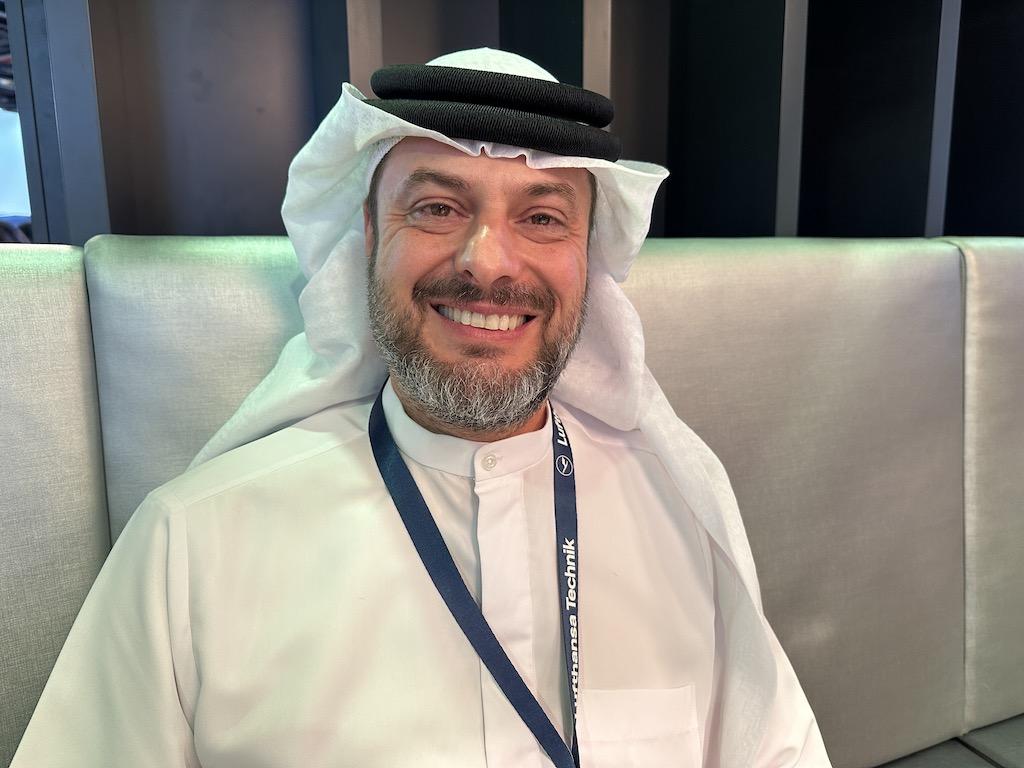
Ziad Al Hazmi
DUBAI—Major Middle East airlines recorded strong revenues and profits in the latest financial results due to strong passenger demand, and aftermarket companies in the region are adding capabilities and capacity to support it.
“Growth, growth, growth,” has been the region’s theme the last few months, summarizes Ziad Al Hazmi, Lufthansa Technik Middle East CEO.
While this is good, it exacerbates the challenge of finding enough skilled people—and there’s a new twist. The Middle East has been able to attract Europeans with attractive offers for years as it has built the industry, but now, “for the first time, I’ve noticed over the last few months that we also are having people being offered jobs there,” Al Hazmi says. “They are looking out to other regions.”
The Lufthansa Group has hired more than 20,000 new hires over the last year and expects to hire a couple thousand more in the next few months. While hiring is a challenge, retaining people is, as well.
He has noticed that people are moving between jobs and industries faster, too—especially from MRO to the IT industry, which uses similar skill sets.
The Middle East is not exempt from supply chain constraints facing the industry.
Material issues challenges have increased the past six months as manufacturers are stretched thin as they juggle with high demand for both new production airframe and engines as well as supporting the aftermarket. Al Hazmi says parts it regularly needs for component repairs now have longer lead times.
To counter this, the MRO is acquiring more stock to build inventories in the region. “We’re investing a lot in exchanges, stock here in the region,” as well as “building up a pool” so customers don’t have to wait for the whole repair and turnaround times don’t lag due to a part shortage.
To support increased services demand, Lufthansa Technik Middle East is adding capabilities to support the region’s expanding fleets. For instance, it introduced Rolls-Royce Trent 700 nacelle MRO to its portfolio, which also includes General Electric GE 90, CFM International CFM56 and IAE V2500 nacelle services. It is evaluating other new repair services, as well.
Collaboration between Middle Eastern companies has increased since the pandemic as companies worked on recovery and planned for growth.
For instance, Lufthansa Technik is collaborating with Sanad and Khalifa University of Science and Technology to develop technologies to reduce component repair. One such innovation is a robotic device that optically recognizes parts. In its first phase, it recognizes the part and serial number, and a second phase will explore digital inspection.
Additionally, it is working with Saudia Technic on training and two years ago, the company signed a memorandum of understanding with Joramco, the engineering arm of Dubai Aerospace Enterprise, to explore parts and MRO cooperation.





